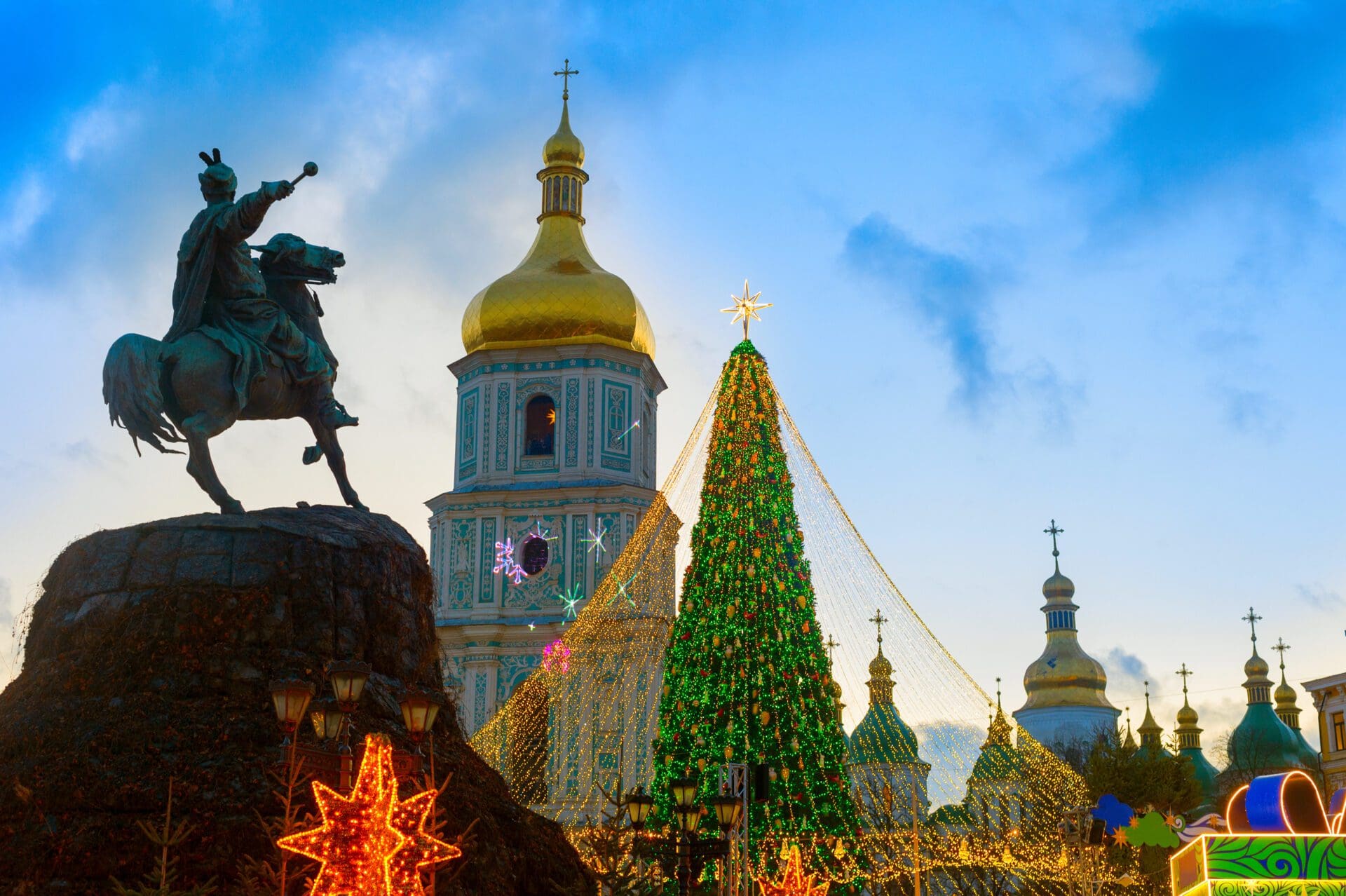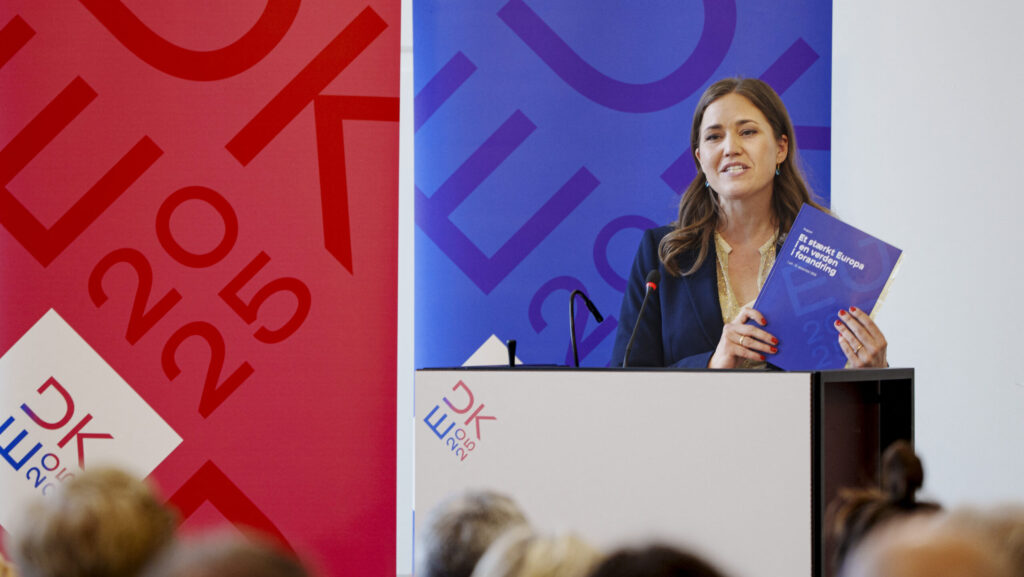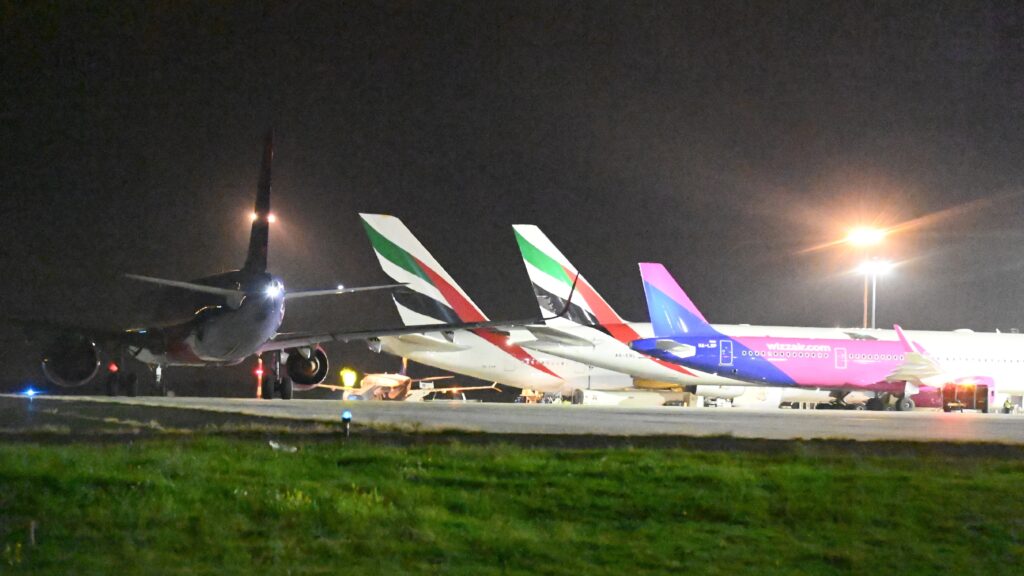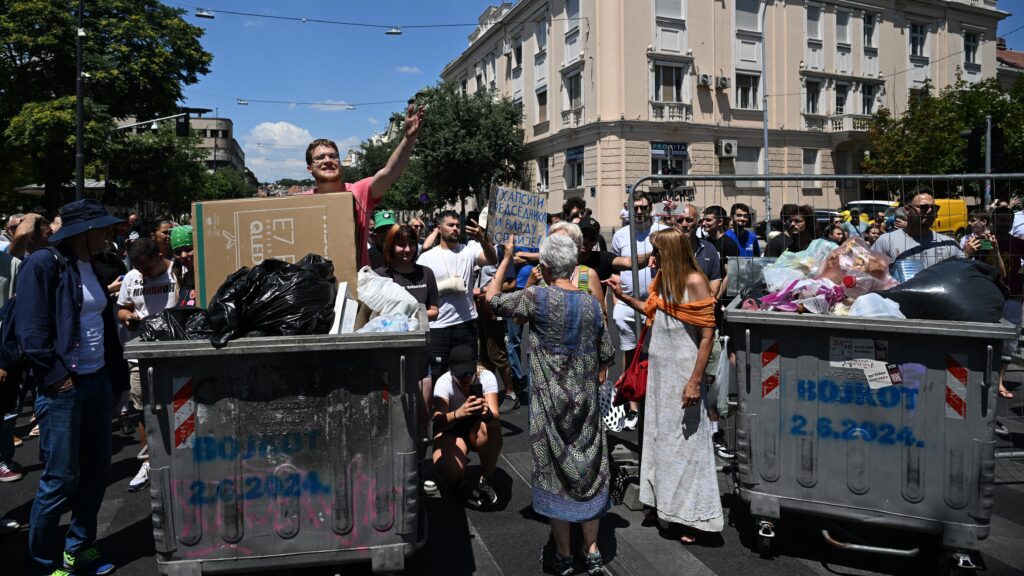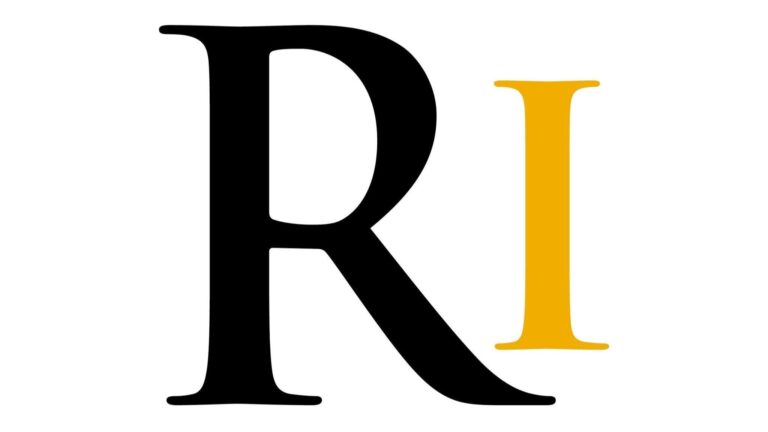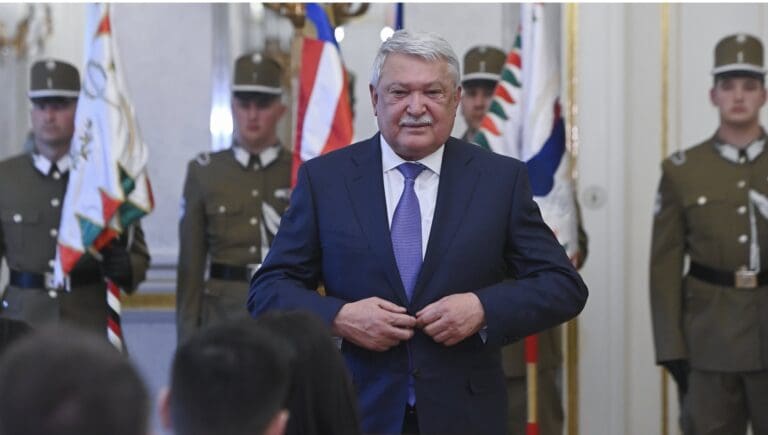Now that the Christmas season has come to an end in Hungary, with most Hungarians having taken down their Christmas trees yesterday, it is worth to take a look at when and how Orthodox Christians celebrate Christmas and New Year’s Eve. While Western Christianity celebrated Epiphany or Three Kings’ Day on 6 January, marking the visit of the three Magi to Jesus, understood as the manifestation of Christ to the Gentiles, Eastern Christian Christmas has just begun. The differences in Christmas traditions between Western and Eastern Christianity have a particular significance in Ukraine, and not just in cultural terms.
Unlike in the Western world, in some countries of the post-Soviet world Christmas is not the most important celebration, but New Year’s Eve. During Soviet times, celebrating Christmas was highly discouraged. Christmas had its roots in Christianity, it had the power to encourage churchgoing which was a highly undesirable activity in the eyes of the Communist state. In its effort to deprive Orthodox Christians of the Soviet Union of their historical traditions and religiosity, the Soviet Union successfully promoted the celebration of New Year’s Eve as a secular holiday instead of the religious Christmas. Indeed, even today, the most favourite festival in Russia is New Year’s Eve. The traditional activities that Hungarians engage in Christmas Eve, such as having a special family dinner and giving their relatives and friends presents, happens on New Year’s Eve in Russia. Listening to the President’s Speech that concludes one minute before the New Year arrives is an important part of the celebration in Russia. Usually even those turn on their televisions to watch the President’s address who are otherwise rather apolitical.
Much like in Russia, in Ukraine too New Year’s Eve is one of the most important celebrations, however, as the country moves away from its communist past, and wishes to break cultural associations with Russia, Christmas is gaining influence again in Ukraine. There is an issue with when to celebrate Christmas, however, as while the country has a dominantly Orthodox population, the Western parts of the country also have Greek Catholic and Catholic communities. While Orthodox Christmas Day is celebrated on 7 January, Catholic and Greek Catholic Ukrainians celebrate on 25 December. As the vast majority of believers in Ukraine are Orthodox (88 per cent of Christians, as opposed to 16 per cent of Greek Catholics), until 2017 only 7 January was a public holiday in the country. Acknowledging 25 December as an official state holiday was not only about honouring the religious affiliation of the Western parts of Ukraine, but also a decision to shift cultural traditions away from Russia, and move closer to the Western European ones.
The reason why some (albeit not all) Orthodox Christians celebrate Christmas Day on 7 January instead of on 25 December is because 6 January, now marked as Epiphany in Western Christianity, used to be considered Christ’s birth date in the old Julian calendar that existed before the currently used Gregorian one. In fact, there is a great variation in the Orthodox tradition as to when Christmas is celebrated. About half of the world’s Orthodox communities celebrate on 7 January, the other half do on December 25—with the exception of Armenian Orthodox communities who celebrate Christmas on 7 Januar. As Ukraine used to be part of the Russian Empire whose Orthodox community did not switch to the Gregorian calendar, traditionally, Ukraine also celebrated Christmas on 7 January. In 2017, Ukraine introduced 25 December as a Christmas holiday, similarly to some other Orthodox countries such as Moldova, Belarus and Albania that all celebrate both Christmas days.
The urge to shift the Ukrainian culture further away from Russia in light of the conflict affected this year’s Christmas celebrations, too. According to the Visit Ukraine website managed by the Brand Ukraine NGO and the Ukrainian MFA, in 2022, 44 per cent of Ukrainians were in favour of celebrating Christmas on 25 December, instead of 7 January. While the Orthodox Church of Ukraine, which gained its autocephaly in 2018, first discussed changing the date of Christmas in 2022, last year it already made the decision to indeed allow dioceses to hold Christmas services on 25 December. France24.com reported that although ‘by no means’ did the majority of Ukrainians celebrate Christmas in December, those who did, did it as a ‘kind of protest’ against the Russian invasion. The Moscow Patriarchate’s spokesperson, Metropolitan Klyment dismissed the Orthodox Church of Ukraine’s decision to celebrate Christmas in December as a political move that demonstrates that Ukraine’s newly autocephalous church is more of a political than a religious organisation.
Read Next

